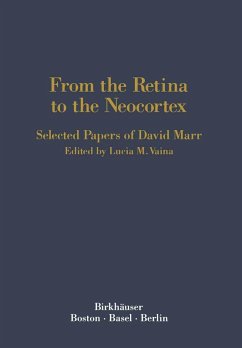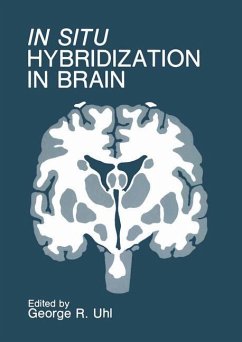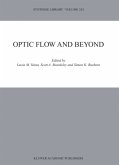David Courtnay Marr was born on January 19, 1945 in Essex, England. He went to the English public school, Rugby, on scholarship and between 1963 and 1966 studied mathematics at Trinity College, Cambridge University where he obtained his B.S. and M.S. degrees. Rather than pursue a Ph.D. in math ematics he preferred to switch to neurophysiology under Giles Brindley. His education involved training in neuroanatomy, neurophysiology, biochemistry, and molecular biology. Marr's Ph.D. work resulted in a theory of the cerebel lar cortex, the essence of which became "A Theory of the Cerebellar Cortex," reproduced in Chapter 1 of this volume with a commentary by Thomas Thach. He wrote a short paper subsequently with Stephen Blomfield, "How the Cere bellum May Be Used," (Chapter 2 in this volume with commentary by Jack Cowan). After obtaining his Ph.D., David Marr accepted an appointment to the scientific staff of the MRC Laboratory of Molecular Biology in Cambridge in the division of Cell Biology under Sydney Brenner and Francis Crick. Two other major studies, "Simple Memory: A Theory of the Archicortex" (Chapter 3 in this volume, commented on by Bruce McNaughton and David Willshaw) and "A Theory for Cerebral Neocortex" (Chapter 4 in this volume and commented on by Jack Cowan) followed the cerebellum study.
Bitte wählen Sie Ihr Anliegen aus.
Rechnungen
Retourenschein anfordern
Bestellstatus
Storno









